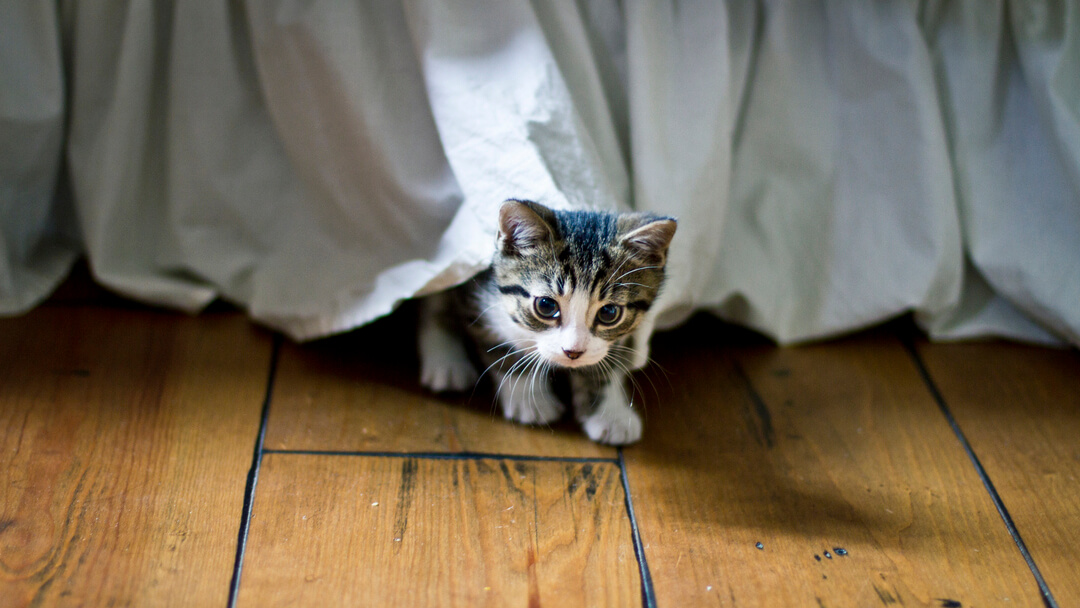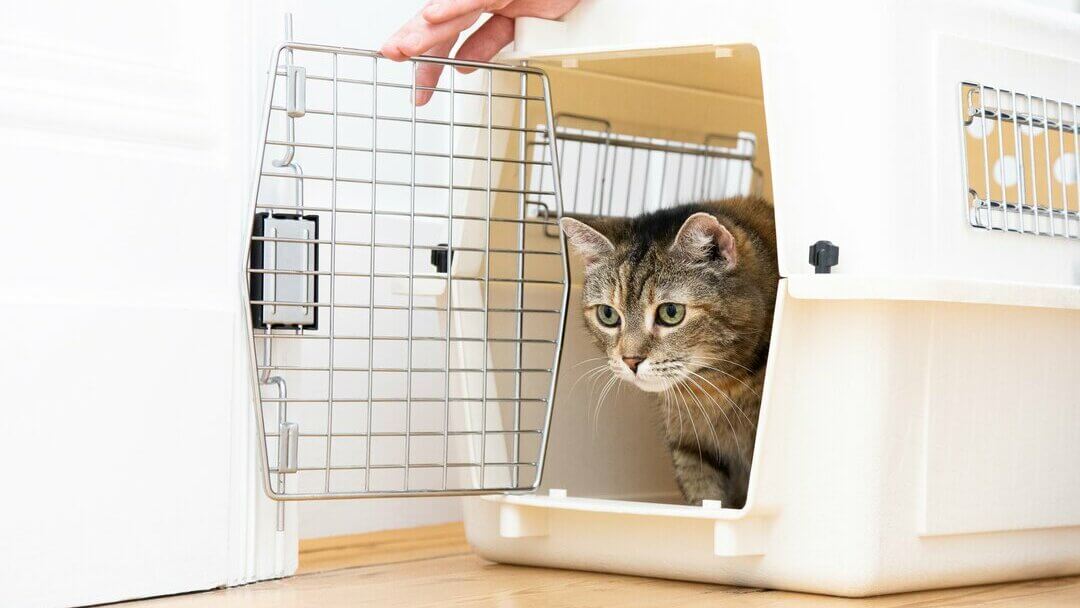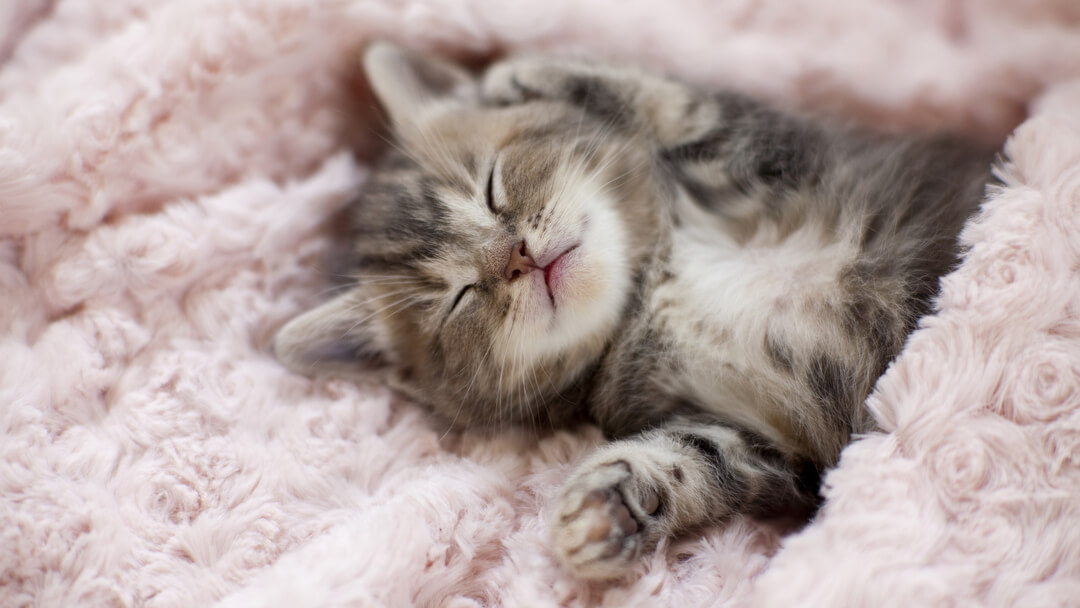

Choosing the Perfect Kitten
Deciding to get a kitten is easy. Finding the perfect one is a bit trickier. When it comes to choosing a new kitten the first step is to track down an animal shelter or reputable breeder.
HOW TO FIND YOUR PERFECT MATCH
Shelter Kittens
Animal shelters hold kittens of all varieties and ages. A good shelter will have clean litter trays and toys as well as warm and sheltered areas for sleeping.
The staff will ask you lots of questions and you should do the same to them – this way, there’s a better chance that you’ll find your perfect match.
Most reputable charities may neuter their cats before they are released or insist that you sign an agreement ensuring the operation is performed.
FINDING A BREEDER
Breed clubs may also have a list of litters available, or can put you in contact with breeders in your area. You can also try going to a cat show to meet breeders and owners to find out more information.
Pedigree kittens are generally available all year round. Once you’ve found a breed, here are some questions to ask them:
• What is the extent of their interest in the breed? Do they show them, breed regularly or are they just pets? These factors may indicate the level of attention being devoted to preparing kittens properly for life as a pet.
• How many litters do they produce each year? Responsible breeders will only produce one litter per female cat per year.
• How many litters has this particular cat produced?
• Where will the litter be raised? Home reared kittens will be far better socialised than ones kept in a cattery.
• What after-sales service do they provide? Responsible breeders will offer advice and support for the life of the cat.
• Are there any known genetic problems in the breeder’s lines?

When you’ve found a suitable breeder, arrange a face-to-face meeting. Check that the breeder’s cats are friendly, healthy-looking and well behaved. See if the breeder interacts freely and in a friendly manner with the cats.
Females may be a little wary of people viewing their litters, but shouldn’t be nervous or aggressive. Their coats and general condition may not be in top condition after giving birth, but they should otherwise appear healthy.
If the breeder also owns the father, ask if you can have a look. Studies have shown that kittens inherit personality traits from their fathers, which can give an indication of your kitten’s personality. Ask about the father’s health, ancestry and temperament.
CHARACTER ASSESSMENT
Spend a few minutes watching how the kittens interact with each other. Even at five or six weeks of age, there will be different emerging personalities.
Although it’s easy to fall for the vulnerable little one that peeps at you from behind the sofa, this type of kitten may need quite a lot of work to rehabilitate and is best left for more experienced owners.
Selecting the ideal kitten for a new owner is one confident but not too independent. Pick them up, cuddle them gently and talking to them in a soft, soothing voice. Do they keep resisting, or do they settle quickly and enjoy the attention?
If kittens are sleepy, then it could be a sign of poor socialisation, sickness, or something as innocent as them having a snooze after a meal or hectic play. Re-arrange to see them again at another time of the day. If they’re the same, consider looking elsewhere.

PHYSICAL CHECK-UP
• Size: A larger kitten will generally be healthier than a small, leaner one.
• Body shape: While young kittens will still have their baby fat, they shouldn’t have a pot belly, which can indicate a worm infestation.
• Movement: Do the kittens walk freely with no evidence of a limp?
• Skin: The coat should be clean and soft with no bald patches. Part the fur and check for any scabs, red patches of skin, or scabs or black flecks, which may indicate the presence of fleas.
• Eyes: Eyes should be bright and free of discharge. If the third eyelid is across the eye ball, they may be unwell.
• Nose: Nose should be clean.
• Ears: Ears should not be dirty, red, smelly, or itchy. Head-shaking can also indicate an infection.
• Breathing: Make sure their breathing is wheeze-free and not laboured.
• Hearing: Does the kitten respond to high-pitched sounds? Deafness is quite a common problem in white cats in particular.
• Playing: Take one of the kitten’s toys and try to get her to play by waving it gently in front of her. This should encourage instinctive predatory and pounce behaviour. Of course, she may prefer to play with their siblings tails instead, which is also an equally good sign.
TIMING IS EVERYTHING
If kittens are raised in a cattery or very quiet home, they won’t have experienced busy environments or mixing with different people. It is better to raise them in a lively household usually with their family.
Eight weeks is the ideal time to collect kittens. However, pedigree cat breeders are advised not to release kittens before 12 to 13 weeks of age, a week after they have fully completed their vaccination course and had a vet check.
If taken away too soon, kittens can become nervous and shy. Too late, and they will have missed out on the optimum time to form a good bond with you and enjoy life in your home to the full.












